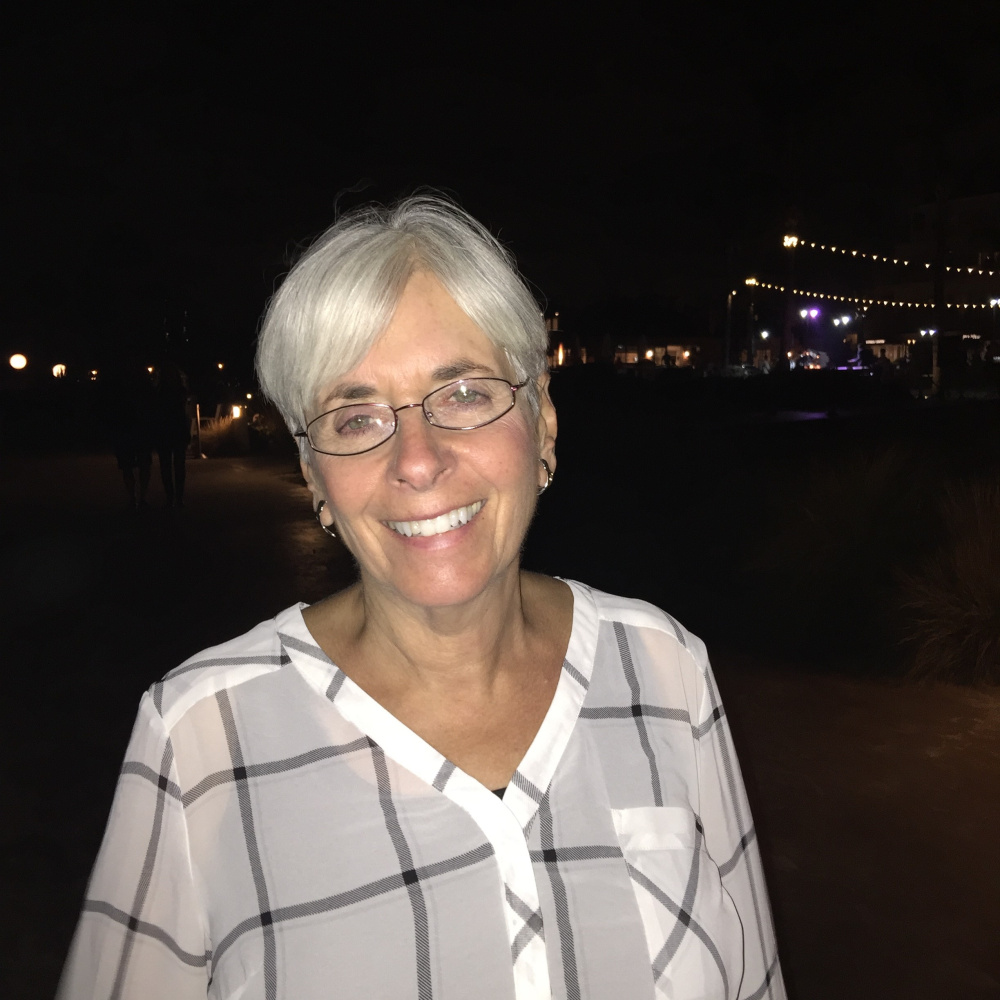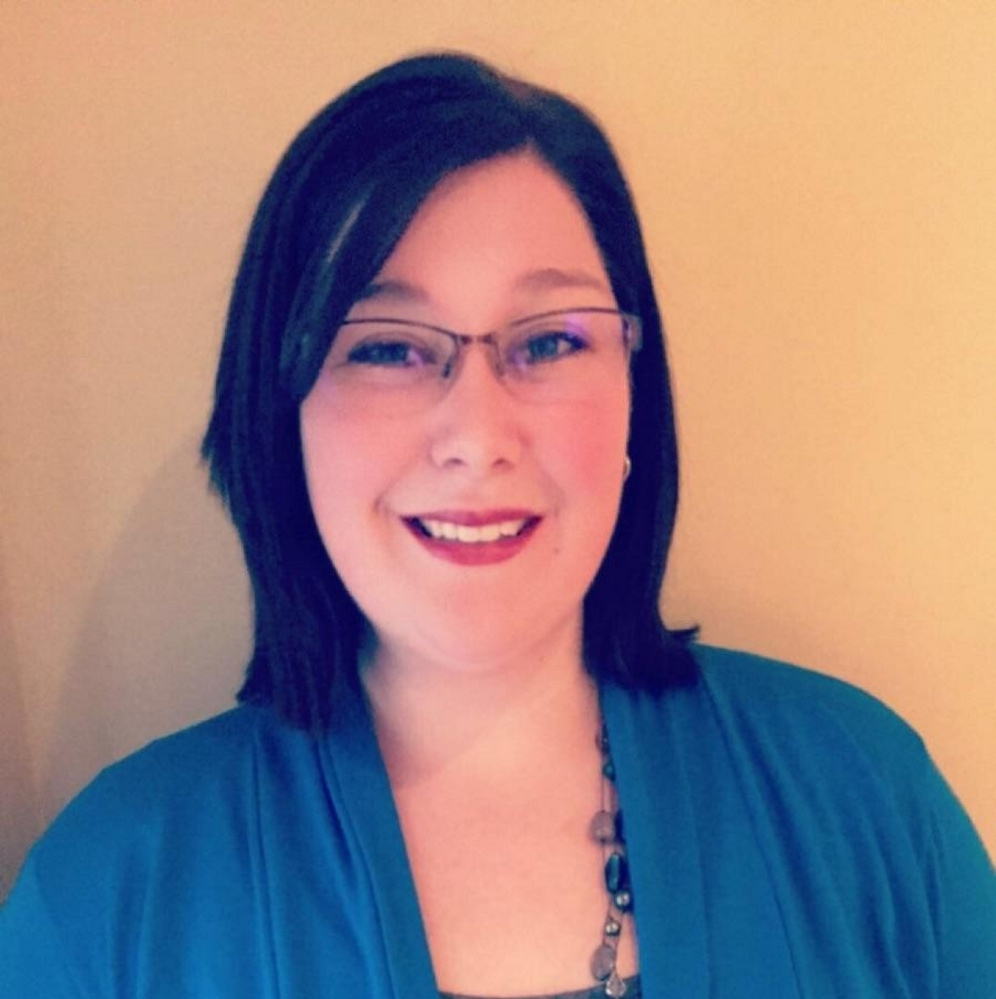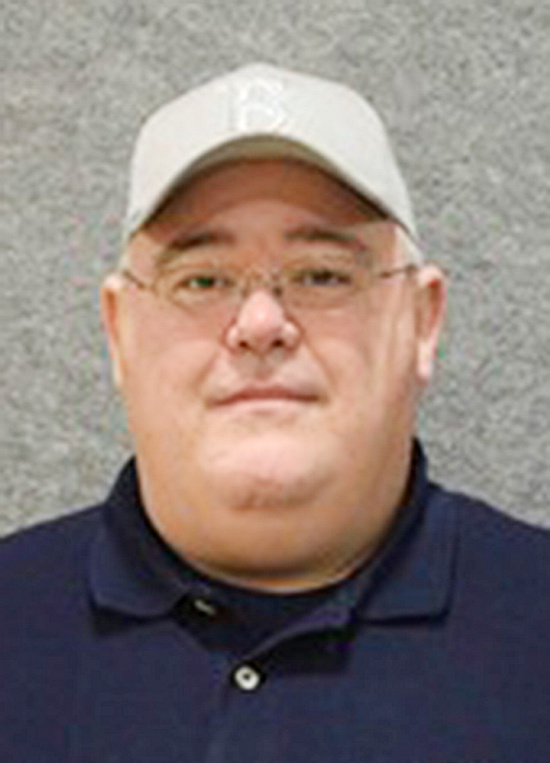AUGUSTA — The race to fill the remainder of an at-large term on the Augusta Board of Education went from no candidates to a bounty of four, though none of their names will be on the ballot.
That’s because all four are write-in candidates.
Four residents — Holly Kiidli, Pia Holmes, Roger Mackbach and Kevin Lamoreau — registered with the city to declare themselves to be write-in candidates, after the deadline to submit nomination papers to be on Tuesday’s ballot came and went with no candidates stepping forward to run.
All four said they decided to run as write-in candidates, at least in part, because they were dismayed that no one chose to run for the seat. They all also cited other reasons for deciding to run for the school board, however.
Lamoreau, 36, who works in computer-aided design data input at Cives Steel, said he’s running because he thinks he could bring a unique perspective to the board and he could do a good job while filling a need.
Mackbach, 44, a recent college graduate, said he’s running because he wants to be able to help bring positive change to the school system, and make sure students from all demographic groups are represented and have an equal voice in their educational careers.
Holmes, 68, a retired elementary school principal, former school board member in Manchester area schools, and, before that, teacher, said she’s running because she wants to offer her expertise and experience to help out.
“My motivation is to see if I can serve the city of Augusta in the best possible way using the experiences I’ve had as a teacher, administrator and school board member,” Holmes said. “Plus, I’m always enthusiastic about anything that has to do with schools.”
Kiidli, 26, substance abuse prevention coordinator for Healthy Communities of the Capital Area who ran unsuccessfully last year for a spot on the school board, said she’s running because she wants to be a voice for the community and students, and the board needs more people who listen.
Kiidli, who holds a bachelor’s degree in mental health and human services with a minor in substance abuse counseling, said her work experience as a counselor who convenes community members together to solve problems would help make her an effective school board member.
She said a way to help improve the school system would be to undertake an assessment of the schools and seek input from all partners, including administrators, teachers, previous board members, community members and students.
“It’s about listening,” she said. “I’m a natural community convener. I think increasing community partnerships and seeing more community members in the classroom would be a good start.”
Mackbach holds a bachelor’s degree in applied science with a minor in computer science and cyber security from the University of Maine at Augusta. While there, he served in student government as a two-term president, and a member of the General Assembly. He said his experience at UMA and as founder of helpforothers.org, an organization that seeks to educate people about resources that might help them, give him insight that would be useful on the school board.
“We need to look at things from a positive aspect and take a good hard look at what we’re doing and not focus on the negative of what we failed at, but how can we learn from what we failed at,” he said. “I want to make sure not only the perfect kids get a fair shot at a diploma and quality educational experience, but all kids.”
Lamoreau, who has a bachelor’s degree in mathematics from the University of Maine at Farmington, where he also minored in political science, said his experience as a student in special education classes in elementary school, then later succeeding in college, give him unique and helpful perspective. He suggested a way to improve the school system would be to create an ad hoc committee made up of people not on the school board to help address concerns raised by parents and other members of the public. He also said the board should do things in a way that is transparent.
“I’d like to be involved in the educational process and feel my educational background, having that perspective, could be helpful,” Lamoreau said. “It seems like there is a need and I think I could do a good job.”
He said the school system’s important issues include addressing what he said seems to be a clear division between some members of the school board. He said that could be addressed if everyone recognizes that everybody, from board members to administrators to teachers, is there in those roles because they care about educating students.
Holmes, who has a bachelor’s degree in education, a master’s degree in elementary education and a certificate of advanced study in educational leadership, all from the University of Maine, in Orono, said her experiences as an educator and serving on a school board give her the ability to see how issues are resolved on both sides. She said important problems in the school system include coping with ever-increasing costs and the increased needs of students with decreasing state financial resources, and improving communication and community participation.
She said school administrators generally do a good job prioritizing the needs of their schools, and board members should consider those priorities as they work to balance the budget.
Mackbach said one of the most important issues facing the school system is making sure it provides an equal opportunity for an education regardless of students’ educational or social backgrounds. He also said students who have them should be able to use their own electronic devices, if they don’t want to sign up for a school-provided laptop out of concern parents would be responsible for the cost of repairing or replacing it if it were to break.
Kiidli said important issues for the schools include keeping students engaged so they can get the best education possible, managing the budget while still providing solid educational services, and increasing community involvement.
The winning candidate will serve the unexpired portion of the term of at-large member Laura Hamilton, who resigned last year. The term runs until Dec. 31, 2018.
Voting for any of the candidates, because they are write-ins, isn’t as simple as checking a box next to their names. City Clerk Roberta Fogg said voters need to do two things to vote successfully for a write-in candidate. They need to fill in the oval next to the write-in box on the ballot, and to write in the name of the write-in candidate they prefer. Votes for residents who have not registered with the city as write-in candidates will not be counted.
Fogg said while city elections officials want people to write in the name of whom they want to vote for as best and accurately as they can, if there are misspellings in someone’s vote, it will still be counted as long as the intent of the voter is clear.
The names of all four of the write-in candidates will also be posted outside the polls, where specimen ballots also will be displayed.
Polls in Augusta are scheduled to be open from 7 a.m. to 8 p.m. Tuesday at the Augusta State Armory in Ward 1, Augusta City Center in Ward 3, the Augusta Civic Center in Ward 3 and Cony High School in Ward 4.
Keith Edwards — 621-5647
Twitter: @kedwardskj
Send questions/comments to the editors.







Success. Please wait for the page to reload. If the page does not reload within 5 seconds, please refresh the page.
Enter your email and password to access comments.
Hi, to comment on stories you must . This profile is in addition to your subscription and website login.
Already have a commenting profile? .
Invalid username/password.
Please check your email to confirm and complete your registration.
Only subscribers are eligible to post comments. Please subscribe or login first for digital access. Here’s why.
Use the form below to reset your password. When you've submitted your account email, we will send an email with a reset code.